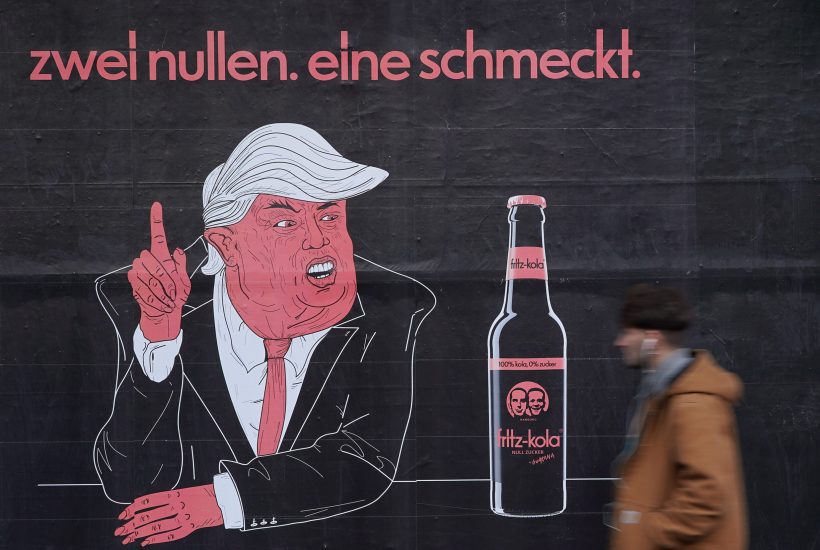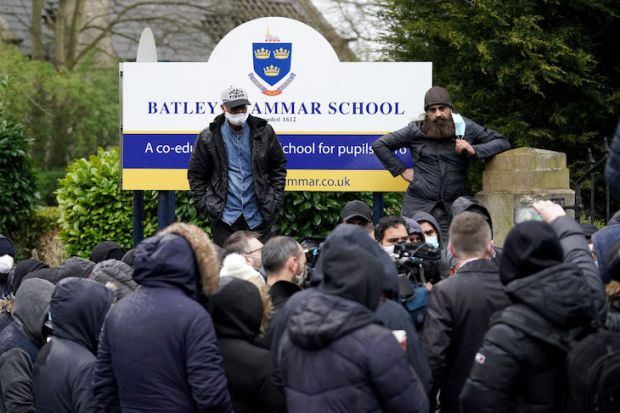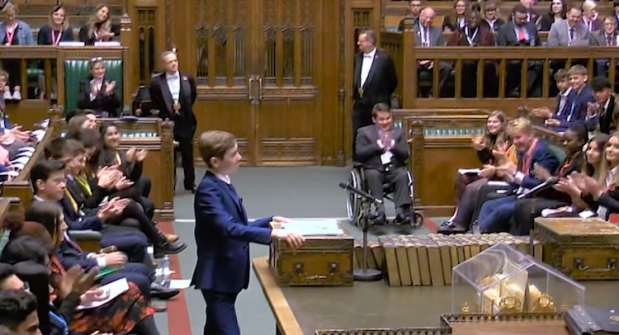The countries that formerly composed the Soviet Union states are predominantly divided into three camps: those still strongly affiliated with Russia; those who have already ascended to EU and Nato membership; and the unfortunate remainder that strive to join the West, but which continue to struggle with domestic setbacks and a lack of resolve from Washington and Brussels.
Since the fall of the USSR, countries like Georgia and Ukraine have seen the USA as the embodiment of democracy, with its liberty and freedoms standing as the antithesis of Communist darkness, which dominated both countries for a century. Indeed, former Georgian president Mikheil Saakashvili’s love for America was so deep that he commissioned a statue of Ronald Reagan to sit in one of Tbilisi’s public parks, while the Georgian army’s uniforms are direct copies of American designs.
Yet the image of America as an encouraging elder statesman is fading. The country glimpsed through those tumbling slabs of the Berlin Wall seems almost as distant as the regime that erected the concrete barrier in the first place. Undercurrents of amused disdain for Ukraine’s president, elected following his portrayal of a fictional president of Ukraine, draw on comparisons with Trump’s reality TV pedigree. So, too, in Georgia, we hear echoes of America when an MP turns up to vote with a firearm in hand, surrounded by a gang of supporters. Neither countries have witnessed scenes as fractious as those reported in Portland, a city ravaged by looting and arson. The fact a former Soviet state can put on a better electoral showing (Georgians go to the polls this weekend) is a damning indictment of the state of modern American politics.
The repercussions are not only felt in those countries beyond the aegis of the EU or Nato. Slovenia’s prime minister, Janez Jansa, shared in Donald Trump’s premature victory celebrations, congratulating the president on his, as yet, unconfirmed win. Jansa is a close ally of Hungary’s Viktor Orban and both men have been accused of democratic backsliding and increasingly authoritarian tendencies (Slovenia’s leader is, for instance, attempting to pass legislation that will grant his authorities control of the media while Orban makes no secret of his attempts to wrench control of his country’s news merchants).
Nor have the ripple effects of America’s domestic chaos been exclusive to the West. Although mocked for its ‘world police’ tendencies in the 2000s, a more interventionist (and less divided) America would have prevented some of this year’s international tensions. Turkey, for instance, may not have been so ready to throw its weight in all directions — from the Caucasus to the Levant — nor China so bold in its seizure of Nepalese land, or its deadly confrontations with India along their shared border. The Taiwanese too are feeling the rising temperature emanating from the Chinese dragon.
A navel-gazing USA has no teeth — and as long as the country remains so violently divided, both its friends and foes will judge the great democratic experiment of 1776 to have faltered.
Got something to add? Join the discussion and comment below.
Get 10 issues for just $10
Subscribe to The Spectator Australia today for the next 10 magazine issues, plus full online access, for just $10.




















Comments
Don't miss out
Join the conversation with other Spectator Australia readers. Subscribe to leave a comment.
SUBSCRIBEAlready a subscriber? Log in